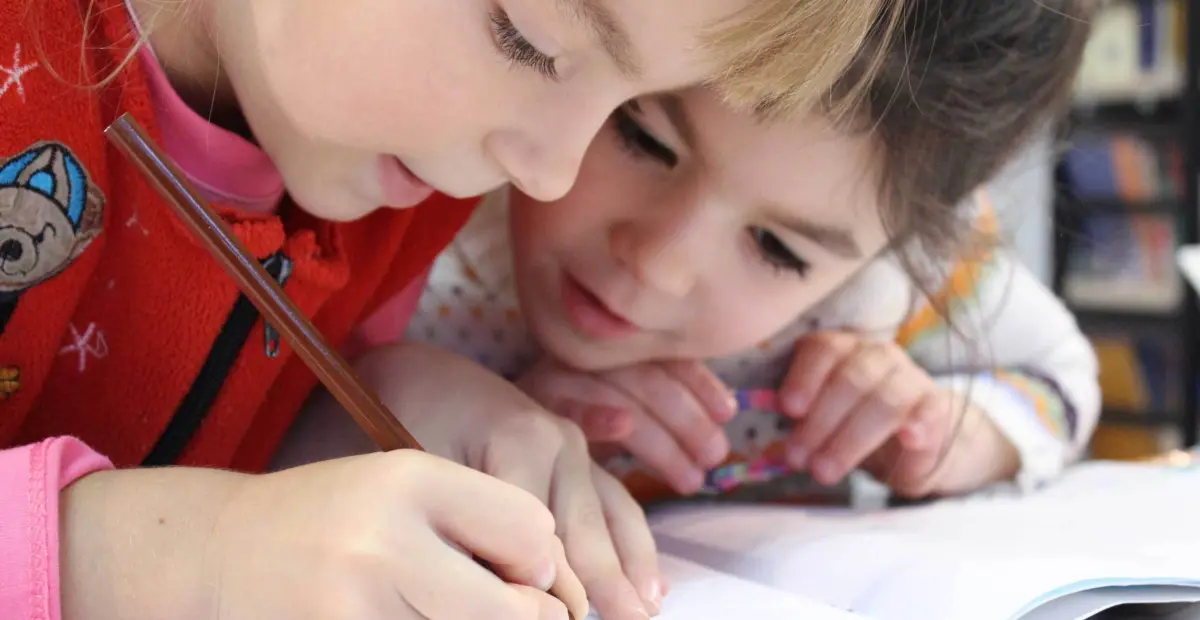John Chapman was born just before the start of the American Revolution in 1774. His father was a soldier as well as a farmer, passing his wisdom to his son. John was attracted to planting orchards and set off on his own to start planting orchards through the land. Partially because he loved to work the land, but he claimed a good deal of property as well. On the frontier, if you planted fifty apple trees, you could claim the area. John owned over 1,200 acres of land doing this through five states, earning him the nickname Johnny Appleseed. He patiently developed the land he claimed, selling most of it to settlers as they moved out west. The seeds Johnny planted and quietly cultivated gave Americans a hardy apple they could call their own. The seed was the key; had he used other methods, the final result may not have been as robust or enduring.Spending time reading with your child builds more than just literacy; it builds a love of learning.
Spending time reading with your child builds more than just literacy; it builds a love of learning.
Like Johnny discovered, focusing on development in the early stages of the process helps to develop more balanced outputs. There has been a growing movement in the country to focus more resources on early education, learning from preschool through third grade. These years are considered some of the most critical in the development of young learners. In a study done at the Perry Preschool by HighScope, there were significant benefits shown to early education. Beginning a student’s educational journey as young as age three can help increase their chances to graduate college, earn more over the course of their life, and avoid trouble with the law.
There are no barriers for starting to teach children early. Playing educational games at home or just reading to children during the day can help with a child’s development. Even parents with busy schedules can find short periods of time to read with their children or incorporate learning into daily activities. A study done by Rhode Island Hospital saw that reading to children as young as eight months old can improve their vocabulary and love of reading. Spending time reading with your child builds more than just literacy; it encourages a love of learning.
Teachers that work with younger students observe other benefits from early education. It improves attention span and concentration, two skills that are critical in learning as we go through school. It relates learning to a pleasurable experience, which in turn makes school that much more alluring. It will give your child the confidence they need to acquire new lessons and explore for themselves. And children like to copy what their elders are doing. If they see parents and grandparents reading at home, it is more likely they will want to learn to read as well. Books also expose children to a wider vocabulary than most adults use with toddlers and kindergarteners.
If you think in terms of a year, plant a seed; if in terms of ten years, plant trees; if in terms of 100 years, teach the people.
Johnny Appleseed nurtured his orchards until they were ready to sell to fresh-faced settlers heading west. It was a combination of his efforts while the trees were young and the new owner’s efforts to maintain and improve the crop that gave us the apples we have today. Kids Read Now, through encouraging students to learn at home at a young age, offers parents a low maintenance way to help children develop essential learning skills. Skills that will create lifelong learners and help give them opportunities to thrive in their education.




